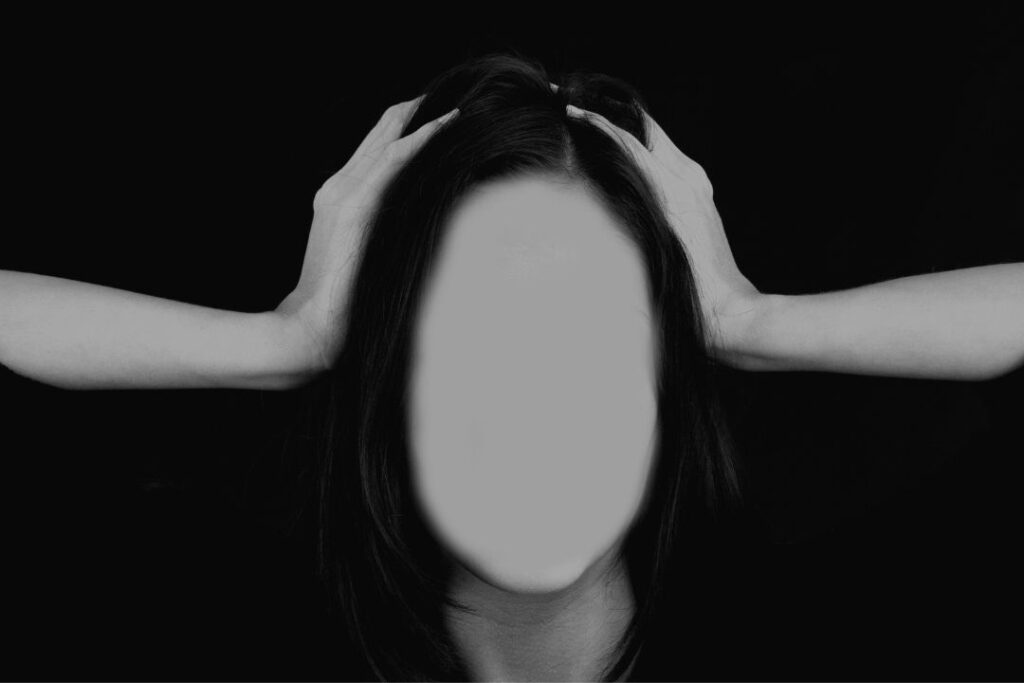What is bipolar disorder?
Bipolar disorder, also known as manic depression, is a mental disorder that manifests as severe high and severe low moods. It’s normal for all of us to go through highs and lows. However, with Bipolar disorder, these mood shifts can also create changes in sleep, energy, thinking, and behavior. People who have bipolar disorder can have periods in which they feel overly happy and energized and other periods of feeling very sad, hopeless, and lethargic. These significant mood shifts often result in impulsive behaviors that are harmful. These behaviors often result in significant distress at work, in life, or in our relationships.
What does bipolar disorder look like?
There are many different types of bipolar disorders based on duration, severity, and types of mania or depression. Here’s a brief review of them:
- Bipolar I disorder. Presenting with at least one manic episode that may be preceded or followed by hypomanic or major depressive episodes. In some cases, mania may trigger a break from reality (psychosis).
- Bipolar II disorder. Manifests as at least one major depressive episode and at least one hypomanic episode, but not extreme forms of mania.
- Cyclothymic disorder. You’ve had at least two years — or one year for children and teenagers — of multiple periods of hypomania symptoms and periods of depressive symptoms (though less severe than major depression).
Symptoms of mania (“the highs”):
- Excessive happiness, hopefulness, and excitement
- Sudden changes from being joyful to being irritable, angry, and hostile
- Restlessness
- Rapid speech
- Poor concentration
- Increased energy
- Unusually high sex drive
- Making grand and unrealistic plans
- Showing poor judgment
- Substance misuse
- Impulsivity
- Less need for sleep
- Decreased appetite
- Grandiose sense of confidence or wellbeing
- Loss of focus, orderliness
Symptoms of depressive periods (“the lows”):
- Sadness
- Lethargy
- Feeling hopeless
- Not enjoying things you once enjoyed
- Trouble concentrating
- Forgetting things
- Slow talking, movement
- Loss of sex drive
- Lack of pleasure
- Uncontrollable crying or emotional outbursts
- Indecisiveness
- Irritability
- Needing more sleep or insomnia
- Changes in appetite
- Thoughts of death or suicide
How is bipolar disorder treated?
In most cases, bipolar disorder is best treated with a combination of behavior therapy, family therapy and at times — bipolar disorder medication. Certain modalities like trauma informed therapies (ART, EMDR, Somatic therapies, mindfulness) in conjunction with other therapies that target impulses & thought patterns like CBT (cognitive behavioral therapy) and DBT (dialectical behavioral therapy) are often integrated into a treatment plan. What works best can depend on the person and their family system. Good treatment plans will include close monitoring, follow-ups, family & relational work, and making changes, if needed, along the way.
When should I call your office?
If you or your loved ones have concerns about bipolar, you can work with a specialist. At Soma Therapy, we can help! Call 316-201-6047 or fill out our contact form to get help & learn more about anger management resources today. We also often provide referrals in-town if we cannot connect you with the right resources within Soma Therapy.

Bipolar Disorder Psychiatrist in Wichita KS
If you’re looking for a Psychiatrist in Wichita KS, our therapy center also offers treatment for psychosis related disorders. Jenny Voth is our licensed psychotherapist in Wichita, KS. She has 18 years of work experience. She works to treat substance abuse, trauma and heal families. Not only is she active in her therapeutic work, she also brings her Christian background to the work she does. She your best choice for a Christian therapist in Wichita, KS.
LaVetta Jarett is our Psychiatric Nurse Practitioner. She has over 10 years of expertise in mood disorders (depression, bipolar), anxiety, PTSD, personality disorders, cultural stressors, and clients in crisis. She also specializes in helping with medication management for those struggling with substance abuse.
Behavioral Health Wichita KS
Your behavioral health in Wichita KS is the top priority of SOMA Therapy. Our therapists, counselors, and nurse practitioners specializing in medication management all work together to ensure you receive the necessary treatment for your behavioral concerns. If you are looking for a depression support group in Wichita, KS or a Wichita therapy center, visit our website for our list of services and providers.
Therapy Center Wichita KS
SOMA Therapy a therapy center in Wichita, KS. We provide professional therapy and counseling for your mental health needs. We work with adults, children, couples, and families. No matter what you or your loved one is struggling with, we got your back in Wichita, KS.
Sources & Resources:
- https://www.nimh.nih.gov/health/topics/bipolar-disorder/index.shtml
- https://www.webmd.com/bipolar-disorder/
Differential Diagnosis:
- Depression
- PTSD
- Adjustment Disorder
- Borderline Personality Disorder
